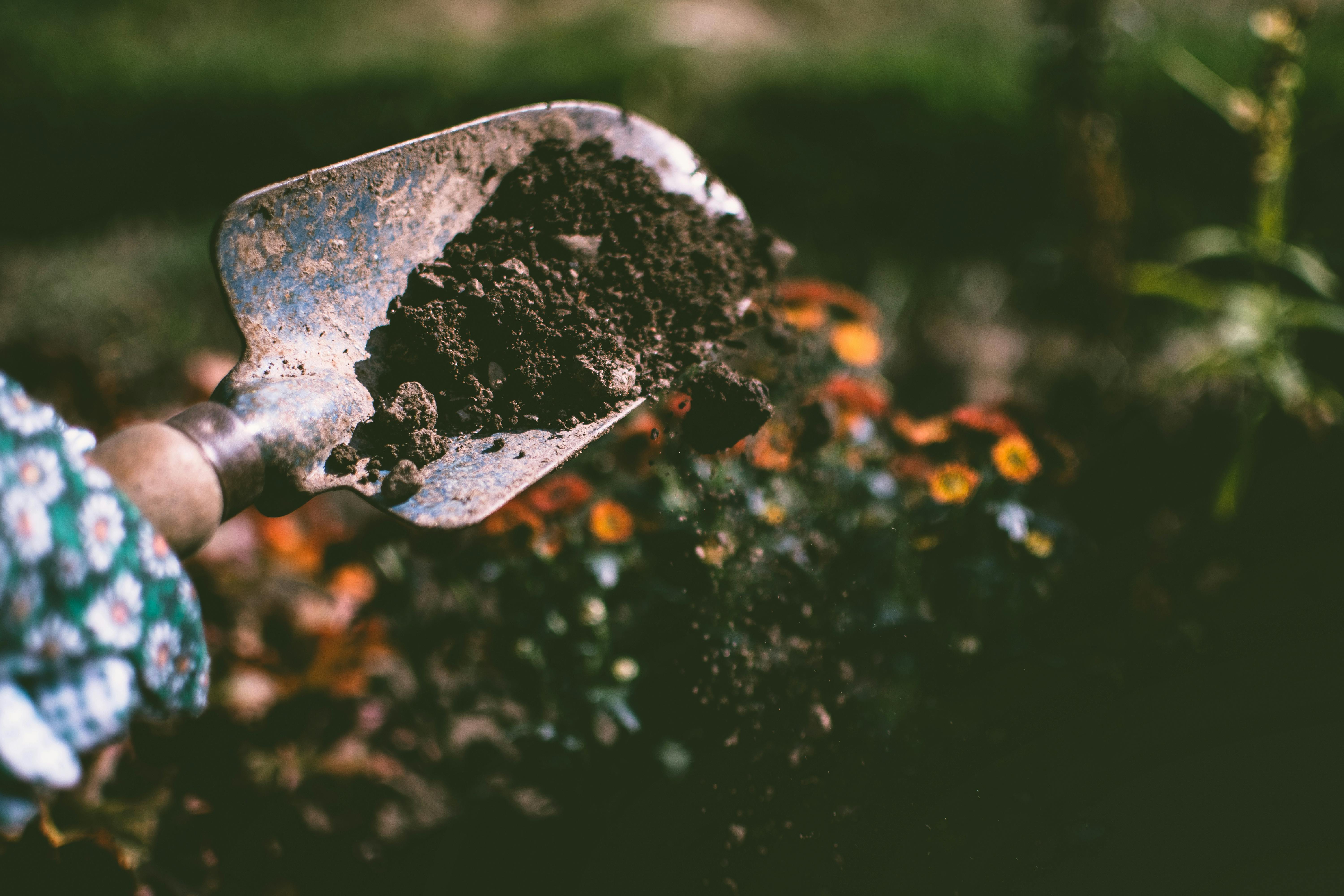
The Growing Indonesian Briquette Industry: Trends and Opportunities
Indonesia's Emerging Role in Global Briquette Production
Indonesia has rapidly established itself as a key player in the global briquette manufacturing sector, leveraging its abundant natural resources and strategic location to meet growing international demand for sustainable fuel alternatives.
This article explores the current state of Indonesia's briquette industry, the factors driving its growth, and the opportunities and challenges that lie ahead for both producers and investors.
Industry Overview
The Indonesian briquette industry has experienced remarkable growth over the past decade, with production capacity increasing by approximately 15-20% annually. This expansion has been particularly pronounced in the coconut shell briquette segment, where Indonesia now accounts for approximately 35% of global production.
Key Production Regions
While briquette manufacturing facilities can be found throughout the archipelago, several regions have emerged as production hubs:
- Java: Home to the largest concentration of briquette manufacturers, particularly around Surabaya and Semarang
- Sulawesi: Emerging as a major center for coconut shell briquette production
- Sumatra: Specializing in palm kernel shell and other agricultural waste briquettes
- Bali and Lombok: Developing boutique production focused on premium export markets
Production Capacity and Export Volume
Current estimates place Indonesia's annual briquette production capacity at approximately 1.2 million metric tons, with actual production reaching about 900,000 metric tons in 2022. Of this total, roughly 75% is destined for export markets, with the remainder serving domestic industrial and commercial needs.
Major export destinations include:
- European Union (particularly Germany, Netherlands, and Italy)
- Middle East (UAE, Saudi Arabia, and Qatar)
- East Asia (South Korea, Japan, and Taiwan)
- Australia and New Zealand
- United States and Canada
Drivers of Industry Growth
Several factors have contributed to the rapid expansion of Indonesia's briquette manufacturing sector:
Abundant Raw Materials
As the world's largest archipelagic state with extensive agricultural production, Indonesia has access to vast quantities of biomass waste suitable for briquette manufacturing:
- Coconut Shells: Indonesia is the world's largest coconut producer, generating approximately 15 million tons of coconut shells annually
- Sawdust: The country's substantial timber industry produces significant sawdust waste
- Rice Husks: As a major rice producer, Indonesia generates millions of tons of rice husks each year
- Palm Kernel Shells: The palm oil industry creates abundant shell waste suitable for briquette production
Government Support and Policies
The Indonesian government has implemented several policies to encourage the growth of the briquette industry:
- Tax incentives for renewable energy investments
- Export promotion programs specifically targeting value-added biomass products
- Simplified licensing procedures for briquette manufacturing facilities
- Research and development support through government institutions
Growing Global Demand
International markets have shown increasing appetite for Indonesian briquettes due to:
- Stricter environmental regulations in developed countries
- Corporate sustainability initiatives driving demand for carbon-neutral fuels
- Consumer preference for eco-friendly products in retail markets
- Price volatility of fossil fuels encouraging alternatives
Technological Advancements
The Indonesian briquette industry has benefited from significant technological improvements in recent years:
Modern Production Methods
Leading manufacturers have invested in state-of-the-art equipment that has transformed production capabilities:
- High-pressure hydraulic presses capable of producing denser, more efficient briquettes
- Automated carbonization systems that ensure consistent charcoal quality
- Advanced drying technologies that reduce production time and energy consumption
- Sophisticated quality control systems including calorific value testing and moisture analysis
Product Innovation
Indonesian manufacturers have diversified their product offerings to meet specific market needs:
- Specialized shapes (hexagonal, cylindrical, pillow) for different applications
- Hookah/shisha-specific briquettes for Middle Eastern markets
- Premium long-burning briquettes for commercial cooking
- Low-smoke varieties for indoor and urban use
Challenges and Future Outlook
Despite its impressive growth, Indonesia's briquette industry faces several challenges:
Quality Standardization
The lack of universally applied quality standards has created inconsistency in the market. Industry associations are working to establish and enforce standards that will enhance Indonesia's reputation as a reliable supplier.
Logistics and Infrastructure
Transportation costs remain significant due to Indonesia's geography and infrastructure limitations. Investments in port facilities and internal logistics networks are needed to maintain competitive pricing.
Sustainability Certification
As international buyers increasingly demand verified sustainability credentials, Indonesian producers must invest in obtaining recognized certifications to maintain market access.
Future Prospects
Despite these challenges, the outlook for Indonesia's briquette industry remains highly positive:
- Projected annual growth of 12-15% over the next five years
- Increasing foreign direct investment in production facilities
- Expansion into new export markets, particularly in Eastern Europe and North Africa
- Development of integrated production models that capture greater value from biomass waste streams
Conclusion
Indonesia's briquette manufacturing sector represents a compelling success story in the country's efforts to develop value-added industries based on its natural resources. By converting agricultural waste into high-value export products, the industry contributes to economic development while advancing global sustainability goals.
For investors, suppliers, and international buyers, Indonesia's rapidly expanding briquette industry offers significant opportunities as global demand for sustainable fuel alternatives continues to grow.
